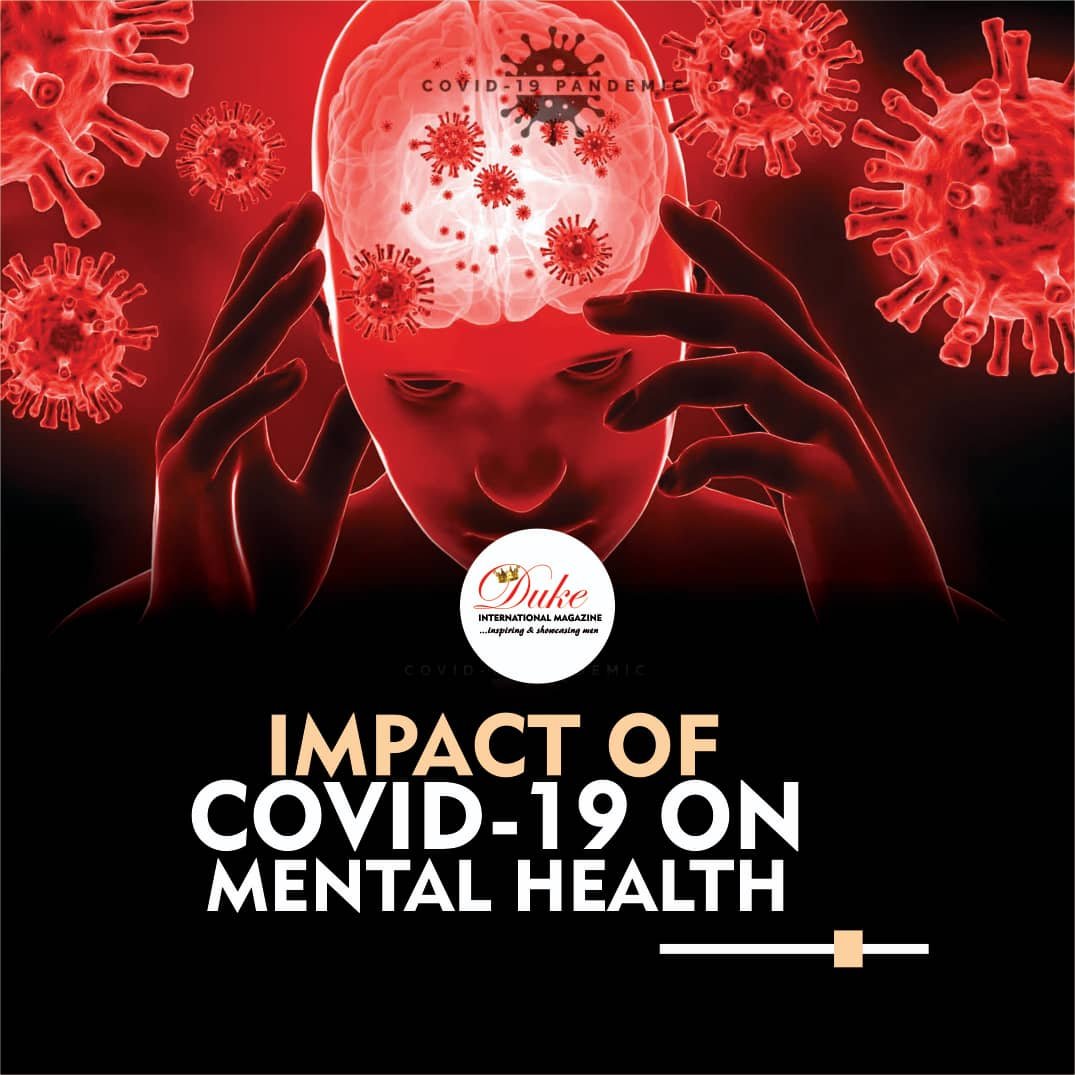In a recent study reported by researchers, one in three people infected with COVID-19 have longer term mental health or neurological symptoms. They found 34% of Covid-19 survivors received a diagnosis for a neurological or psychological condition within six months of their infection, according to the study published Tuesday in the journal Lancet Psychiatry.
The most common diagnosis was anxiety, found in 17% of those treated for Covid-19, followed by mood disorders, found in 14% of patients.
And while the neurological effects are more severe in hospitalized patients, they are still common in those who were only treated in an outpatient setting, the researchers note.
“That rate increased progressively as the severity of the Covid-19 illness increased. If we look at patients who were hospitalized that rate increased to 39%,” said Maxime Taquet, an academic clinical fellow in psychiatry at the University of Oxford, and a co-author of the new study.
“Our results indicate that brain diseases and psychiatric disorders are more common after Covid-19 than after flu or other respiratory infections, even when patients are matched for other risk factors. We now need to see what happens beyond six months,” Taquet added.
It is the largest study of its kind yet and involved the electronic health records of more than 236,000 Covid-19 patients, mostly in the US. The researchers compared their records with those who experienced other respiratory tract infections during the same time frame.
The most common diagnoses at post-Covid were anxiety disorders (occurring in 17% of patients), mood disorders (14%), substance misuse disorders (7%), and insomnia (5%). The incidence of neurological outcomes was lower, including 0.6% for a brain hemorrhage and 0.7% for dementia.
About one in 50 Covid-19 patients had an ischemic stroke, which is a blood clot that affects the brain.
However, other smaller studies have pointed to the result. A study in February followed 381 patients treated for Covid-19 at a hospital in Rome, Italy and found that 30% of them experienced post-traumatic stress disorder after recovery.
Also, a December study in the journal Neurology: Clinical Practice showed that Covid-19 could cause seizures and movement disorders, even in some moderate cases.

